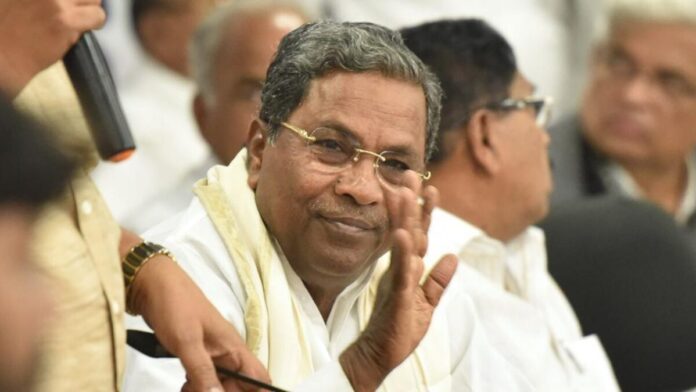In a significant ruling, the Karnataka High Court dismissed Chief Minister Siddaramaiah’s petition challenging the Governor’s sanction for an investigation into alleged irregularities in the site allotment case by the Mysuru Urban Development Authority (MUDA). The case involved the allotment of 14 prime sites to his wife, B M Parvathi, in a premium locality in Mysuru.
Justice M Nagaprasanna, presiding over the single-judge bench, concluded the hearings and delivered the verdict after considering the petition across six sessions starting from August 19. The court had initially put a hold on the proceedings of the special court for people’s representatives, which was set to hear complaints against the Chief Minister; however, this interim order was dissolved following the dismissal of the petition.
The Chief Minister had argued that Governor Thaawarchand Gehlot’s sanction for the probe was issued without proper consideration, violating statutory mandates and constitutional principles, including bypassing the advice of the Council of Ministers as stipulated under Article 163 of the Constitution of India.
The sanction for investigation, given on August 16, was authorized under Section 17A of the Prevention of Corruption Act, 1988, and Section 218 of the Bharatiya Nagarik Suraksha Sanhita, 2023, based on the complaints filed by Pradeep Kumar S P, T J Abraham, and Snehamayi Krishna.
In defense of the Governor’s decision, Solicitor-General of India Tushar Mehta represented the office of the Governor, while Siddaramaiah was represented by notable lawyers including Abhishek Manu Singhvi and Prof. Ravivarma Kumar. Advocates for the complainants, including Senior Advocates Maninder Singh and Prabhuling K Navadgi, argued that a thorough investigation was warranted given that the beneficiary of the site allotments was Siddaramaiah’s family.
The controversy centers around the allotment of compensatory sites to Siddaramaiah’s wife under a scheme where MUDA allotted 50% of developed land to those who lost land to government acquisitions. Allegations suggest that Parvathi did not have legal title to the 3.16 acres of land in question, raising concerns about the legality of the allotments.




